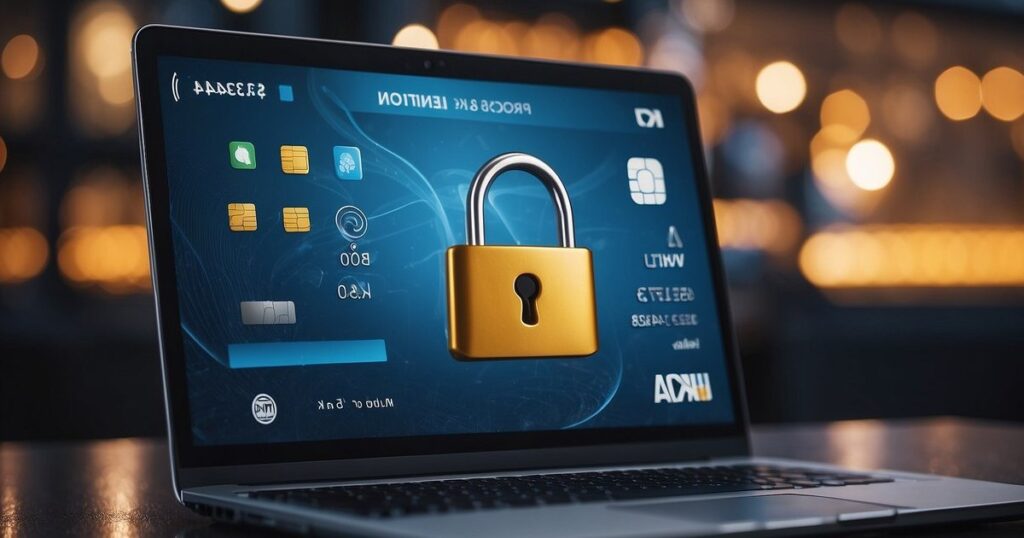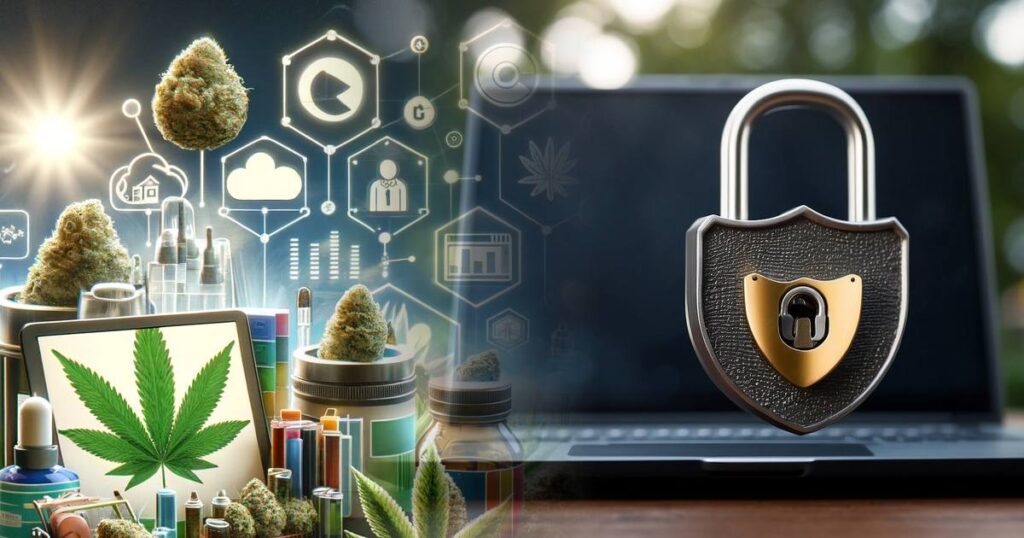Privacy and Security Online Shopping: Essential Measures for Safe Transactions
When participating in online shopping, the value of personal privacy and financial security becomes paramount. The internet’s convenience and variety also come with increased risks as every transaction and interaction leaves digital footprints. Particularly when purchasing sensitive items such as cannabis vape products, preserving your anonymity and safeguarding your banking details are crucial. Cybercriminals constantly devise new methods to access your private information, and a minor oversight can lead to significant consequences.
Remaining vigilant about your online presence and transaction habits can significantly reduce the risks. Secure connections, strong passwords, and privacy awareness can all serve as shields against potential threats. It’s essential to educate yourself on best practices for online shopping, such as examining URLs for authenticity, avoiding public networks for financial transactions, and choosing credit over debit cards to leverage better consumer protection.
Key Takeaways
- Protecting privacy and security is vital during online transactions.
- Staying informed and cautious enhances online shopping safety.
- Regular vigilance helps prevent unauthorized access to personal data.
Protecting Personal and Financial Information
When engaging in online shopping, it’s crucial to safeguard your personal and financial data to prevent identity theft and financial fraud. This entails not only securing transactions but also understanding the potential risks.
Understanding Online Risks
To protect your information, you need to recognize the threats. Cybercriminals often use phishing scams to trick you into giving away your data. They may imitate legitimate retailers or financial institutions and ask for sensitive information through email or a fake website. Malicious websites can harbor malware, which may infiltrate your system and steal data.
- Phishing: Typically arrives via spam emails, tricking you into entering personal information on a fake website.
- Identity Theft: Occurs when someone uses your personal information, like credit card details, without your permission.
Security Measures for Secure Transactions
A secure transaction is the backbone of safe online shopping. Before entering any financial or personal information, ensure the website uses HTTPS (indicated by a padlock icon in the URL) to secure data transfer. Use strong passwords and change them regularly. Check the website’s privacy policy to understand how your customer data is handled.
- Check for HTTPS: Look for the padlock icon in your browser before entering any data.
- Secure Networks: Never use public Wi-Fi for financial transactions. Instead, use a virtual private network (VPN) or a secure network provided by your router at home.
- Privacy Settings: Adjust your privacy settings on mobile devices to limit online tracking.
Best Practices for Online Shoppers
You can take many steps to protect yourself:
- Use Strong Passwords: Combine letters, numbers, and symbols to create strong passwords.
- Read Reviews: Refer to reviews from other customers and industry experts to assess the reputation of an online store.
- Protect Financial Information: Enter your credit card information only on secure websites.
- Avoid Scams: Be wary of offers that seem too good to be true to avoid scams and fraud.
- Federal Trade Commission (FTC): Follow the guidance issued by the FTC regarding online security.
Remember, you are responsible for protecting your online privacy and security. Stay aware, stay informed, and take proactive steps to safeguard your personal and financial information.
Enhancing Online Shopping Experience
In the era of e-commerce, safeguarding your privacy and financial security is crucial, especially when navigating online platforms, interpreting customer feedback, and managing post-purchase processes. Therefore, finding reliable and trusted online stores such as YPSILOS is vital to avoid being scammed and fooled.
Navigating E-Commerce Platforms Securely
When shopping online, it’s essential to use secure networks to protect your personal information from cybercriminals. Always look for “https://” in the URL and a padlock symbol before purchasing. Moreover, regularly update your privacy settings to combat targeted ads based on your shopping behavior and privacy concerns related to data collection practices.
- Set robust passwords: Use letters, numbers, and symbols.
- Enable two-factor authentication: Adds an extra layer of security.
Leveraging Customer Reviews and Policies
Before making a purchase, especially for sensitive items like cannabis vapes, read through customer reviews to gauge the product’s quality and seller reliability. Ensure the platform has clear policies on privacy and user data handling to avoid unwanted exposure. Be wary of scammers and fake reviews that might mislead your shopping decisions.
- Review authenticity: Verify if the platform has measures to ensure reviews are from genuine customers.
- Return and privacy policies: Understand the procedures for returns and how your data is handled.
Dealing With Shipping and Post-Purchase Support
The COVID-19 pandemic has underscored the importance of reliable shipping and customer support in the online shopping experience. Choose sellers that provide detailed tracking information and offer dependable post-purchase support to handle issues effectively.
- Shipping details: Look for transparent shipping costs and delivery timelines.
- Customer support: Ensure there’s an easy way to contact support for help after purchase.
Remember, enhancing your online shopping experience goes beyond the convenience of a vast selection; it also means prioritizing your safety and privacy throughout the buying process.
Frequently Asked Questions
When purchasing cannabis vape online, it’s crucial to safeguard your personal and financial information to ensure a secure transaction.
What measures can I take to enhance my privacy while shopping online?
You can enhance privacy by utilizing strong, unique passwords for each online retailer and regularly checking bank statements for unauthorized transactions. Additionally, shopping on secure websites indicated by HTTPS in the URL is advisable.
How do online retailers protect customer data and ensure transaction security?
Online retailers protect customer data through encryption, secure payment gateways, and compliance with industry standards like PCI DSS. They often employ additional measures like two-factor authentication to verify customer identity.
What are the common security risks of online shopping, and how can I avoid them?
Common risks include phishing attacks, fraudulent websites, and the interception of data over unsecured connections. To avoid these, be skeptical of deals that seem too good to be true, verify website authenticity before entering personal information, and avoid shopping over public Wi-Fi networks.
What steps should I follow if I suspect my personal information has been compromised through an online purchase?
If you suspect a breach, immediately change your passwords, monitor your bank accounts for strange activity, and contact your bank to dispute unauthorized charges. You can report the issue to the website where you made the purchase.
In what ways can innovative consumer practices improve security during online shopping?
Smart consumer practices include using a credit card with fraud protection, keeping your devices updated with the latest security software, and not sharing too much personal information. Reading retailer privacy policies can also help you understand how your data is managed.
How significant is the impact of data breaches on e-commerce, and how can shoppers respond effectively?
Data breaches can significantly undermine consumer trust in e-commerce platforms. As a shopper, responding by staying informed about data breaches, understanding the risks, and taking proactive steps to protect your information can mitigate potential impacts on your security.





